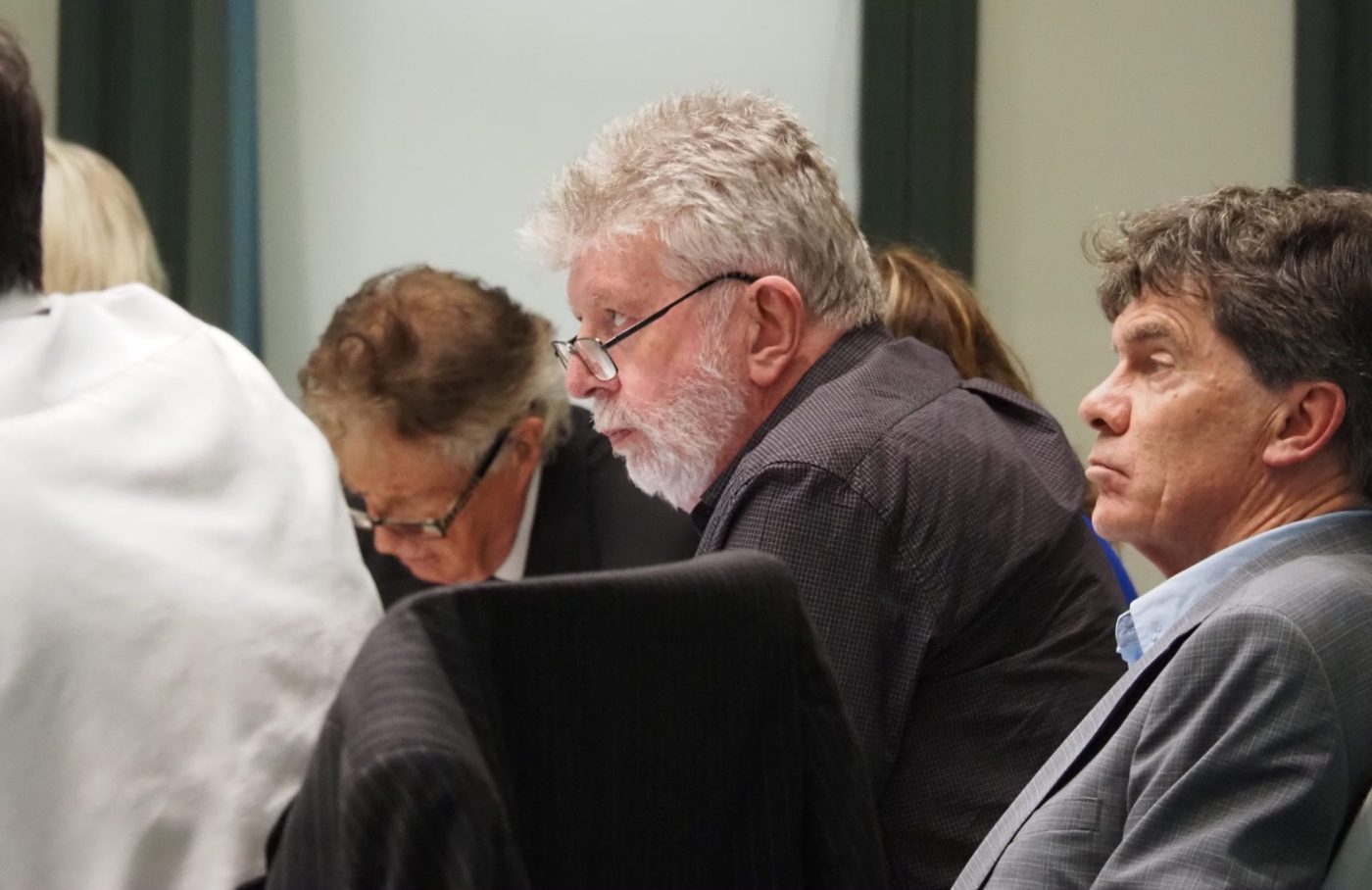
- By Laura Kvigstad, Auckland Council reporter funded by New Zealand on Air
Auckland Council has voted to oppose the Treaty Principles Bill, triggering contentious debate over political motives and adherence to Treaty of Waitangi obligations.
At its policy and planning committee meeting last month, the council voted to oppose the Treaty Principles Bill in its submission to the Government.
Committee chair Richard Hills recommended explicitly opposing the bill, but his stance faced resistance.
Howick councillor Maurice Williamson expressed frustration over the lack of clarity regarding the Treaty principles.
“How do I know that I’m in breach of the principles if there isn’t a set [definition]? It would be like having no rules for rugby,” Williamson said.
Councillor Andy Baker argued the recommendation was politically driven and inconsistent with the council’s usual practices.
“That wording there is assuming, surmising that this group is opposed – I think we should just go back to the original recommendation which is fair and consistent,” Baker said.
Houkura member Edward Ashby said it would be a miscarriage of justice for one Treaty partner to unilaterally dictate the terms.
“I don’t know where this confusion of the principles of the Treaty happens.
“I mean there is a Waitangi Tribunal that has very well-established jurisprudence and tons of evidence about this topic,” Ashby said.
Councillor Shane Henderson reminded councillors that political decisions are inherent to their role.
“The Treaty principles have been defined in legislation and defined in common law over decades.
“It’s not unclear despite what the proposed members of the bill would tell you,” Henderson said.
“I do resent us actually having to spend time on this – $4 million apparently this is costing the taxpayer to go through when it’s been very clear that this won’t actually amount to an act and thank goodness for that.”
Councillor Christine Fletcher proposed an amendment to remove the council’s explicit opposition to the bill.
“I have witnessed the growing maturity in terms of how we all better understand the Treaty, but the difficulty for me is I feel that the decision you have taken as chair to insert those words is going to further divide us,” Fletcher said.
Houkura member Tau Henare urged the council to unequivocally oppose the bill and reject the amendment.
“The bill itself is full of lies, is full of mistruths, and is designed to formulate the divisiveness in our country rather than build on what we already had,” Henare said.
Councillor Daniel Newman felt a submission with unanimous support would send a stronger message to parliament.
“There’s an opportunity for a submission to be lodged that has the unanimous support of everybody and I just happen to think that’s a jolly good idea,” Newman said.
Councillor Josephine Bartley dismissed calls for unity as disingenuous.
“I call bullshit. When have those people that have asked for unity ever said that before, and now they’re using it as a mask to get us to stand in the middle of the road rather than take a position,” Bartley said.
“I absolutely 100 per cent oppose this amendment. I’m embarrassed to sit around this table and hear what I’m hearing.
“It’s totally tokenistic. If we don’t oppose this bill, we don’t support standing with tangata whenua, we don’t support listening and honouring what our Hokura members are asking us to do.”
The vote on Fletcher’s amendment was tied 10-10, leaving Hills to cast the deciding vote.
He voted against the amendment.
“I’m sad that members have chosen to make this quite divisive when actually in opposition is the most straightforward vote,” Hills said.
The substantive motion to oppose the bill was passed with 11 votes in favour, eight against, and one abstention.









